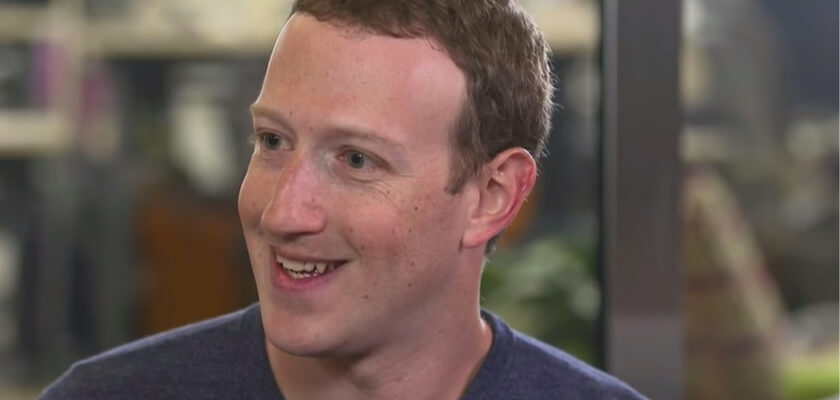Facebook has now decided to join the small club of tech giants like Amazon, Google, and Apple who want to put voice assistant speakers in your home.
Sources familiar with the matter told CNBC news that the team behind the technology has been contacting vendors of the smart speaker system.
However, it remains unclear how Facebook will use the voice assistant technology. CNBC reported Wednesday that the veteran social platform would use the technology on the company’s video chat smart speakers, including the Oculus headsets.
“We are working to develop voice and AI assistant technologies that may work across our family of AR/VR products including Portal, Oculus and future products,” a Facebook spokesperson told Reuters in an e-mailed response on Wednesday.
However, this isn’t the first time that the tech company has tried building a virtual assistant. In 2018, Facebook shut down a similar chat assistant called M, which was primarily used in Facebook’s messaging app.
According to two former Facebook employees who left the company recently, Facebook has been working on this new initiative since 2018 with a team based out of Redmond, Washington.
CNBC further reports that this new initiative is being led by Ira Snyder, director of AR/VR and Facebook Assistant.
According to tech experts, Facebook’s new initiative could be a success because voice assistance is the way of the future and a perfect emerging trend in digital marketing.
But Facebook might face significant challenges in penetrating the market, given the stiff competition from Amazon and Google whose smart speaker market share in the U.S. as of 2018 was 67% and 30% respectively – especially when Facebook have shown again and again that they can’t be trusted with users’ privacy.
The popular voice assistants are Apple’s Siri launched in 2011 and Amazon’s Alexa launched in 2014. Google also have Google Assistant for the Android platform, Samsung has Bixby, IBM Watson, and Microsoft has Cortana.
However, earlier this month reports emerged that Amazon’s staff are listening to your Alexa conversations.
It is this similar reason that made Facebook kill its AI assistant in 2018 for its Messenger app called M because the project depended heavily on the help of humans.













